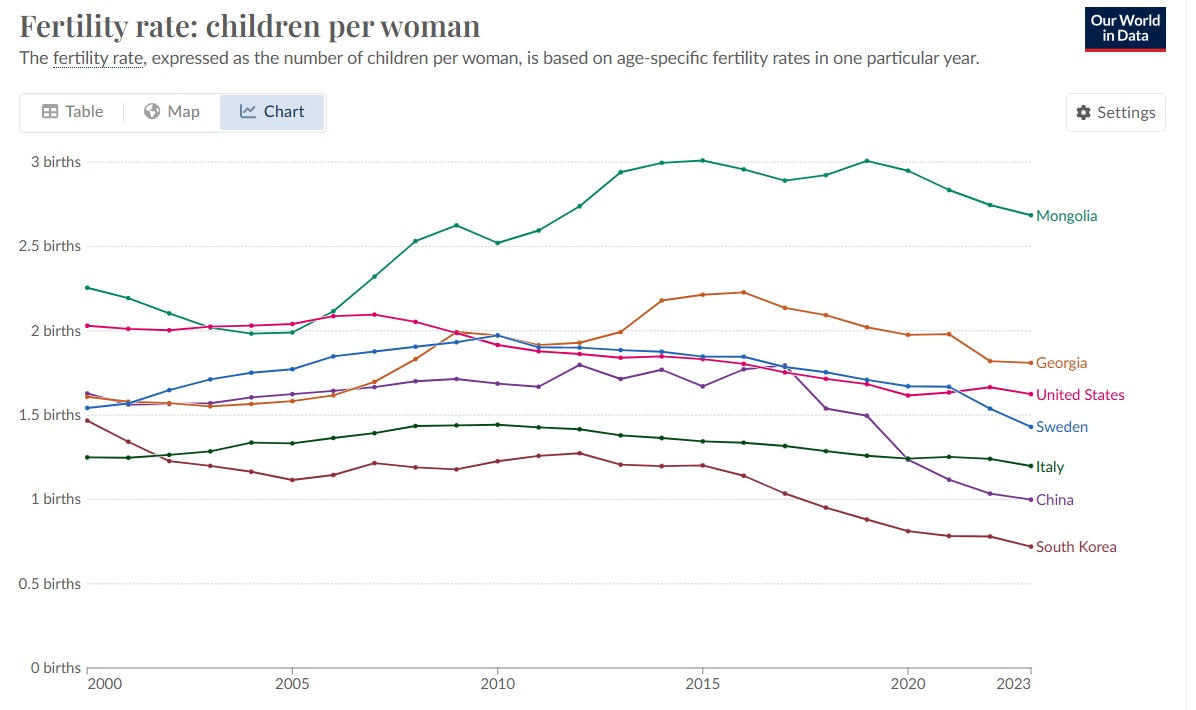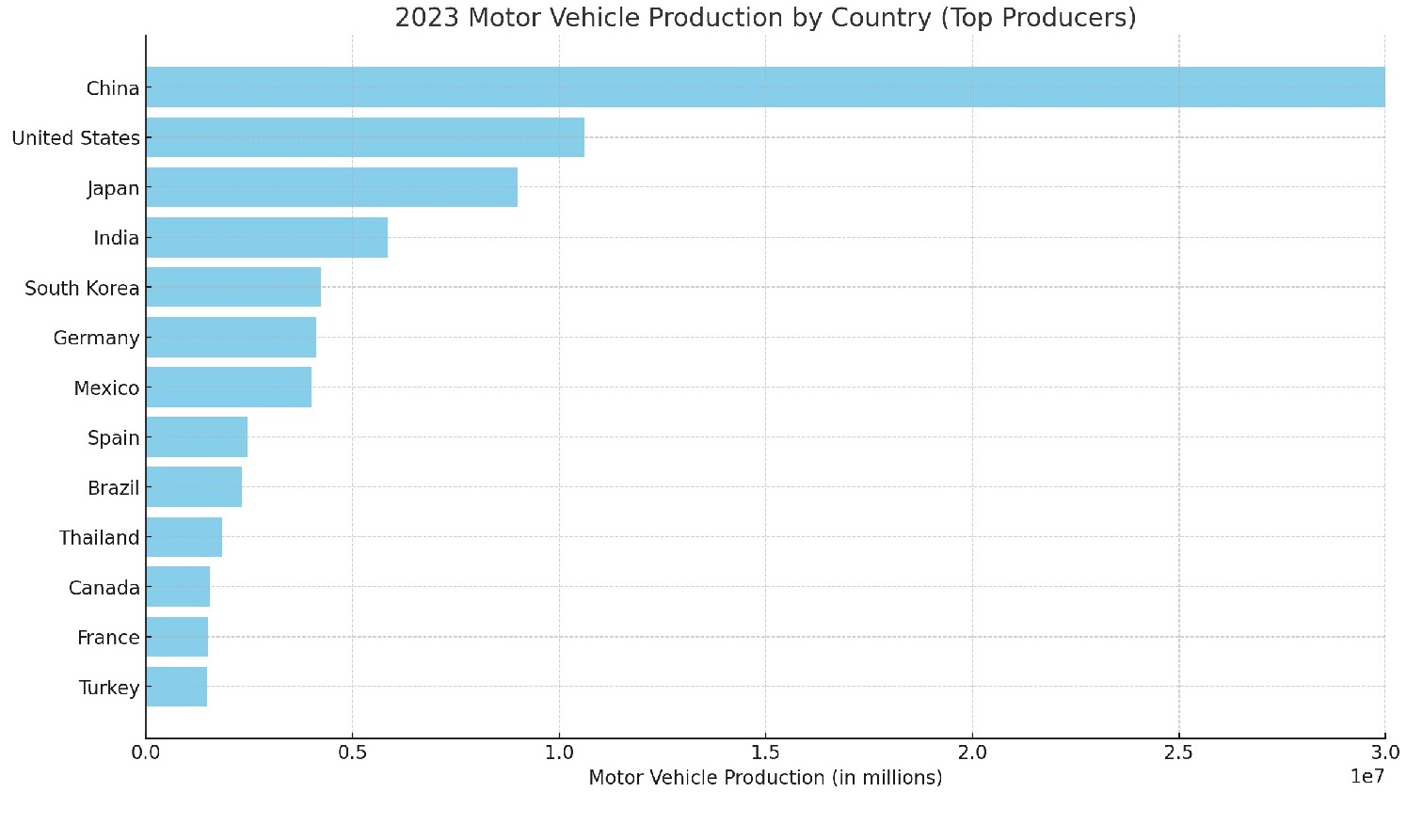The bike riding has been fine during this beautiful fall weather…wait, it’s August! And yet here in Seattle autumn’s crispness bites early. Allegedly it’s supposed to warm up and get back to more normal summer temperatures but already we can feel the dark Seattle winter looming. Such creeping dread is why we hope in the future to spend our winters in New Orleans. The older we get the less enchanted we are with hard winters and the more delighted we are with the Big Easy’s season of carnival, music and culinary charms.
But fall weather is quite suitable for bike riding and for some reason always blows us towards nostalgia. Which might be why on a bike ride earlier this week we listened to Uncle Tupelo. Which then reminded us of Doug Sahm, who wrote the song Give Back The Key to My Heart, featured on Tupelo’s last album, Anodyne. Sahm even sings briefly on the song. We knew of Sahm because of this song but never had dived into him. But in the age of streaming music, now it’s easy to do so. And we listened to the San Antonio raised singer songwriter’s oeuvre while working, writing and riding for much of the rest of the week. Some of his songs feel like they are from a lost Tarantino soundtrack. It’s funny who becomes popular and who doesn’t, who becomes “successful” and who fails to break into public consciousness. It’s definitely not 100 percent correlated with talent. Luck and many other factors are involved.
We sometimes wonder if aliens from another civilization stumble upon our world what will be their take on our art and music? What will pass muster and what will they pan? We critique a new theory for raising fertility rates, assess the list of the world’s largest companies and solve for the China car equilibrium. It’s this week’s International Need to Know, Going to San Antone for international information, A Mover about global data.
Don’t forget we write on Substack, including posting this weekly missive, but also other articles of delight and edification. Earlier this week we wrote a two-parter about China policy in the next US presidential administration, whether it ends up being Trump or Harris. Part 1 is about the China landscape the next president will navigate. Part 2 delves into the possible policies of a second Trump or Harris administration
Without further ado, here’s what you need to know.
Raise The Status of Mothers?
One of the perplexing things about the fall in fertility around much of the world is the inability of government policies to reverse it. China is trying its best with a variety of measures to boost its low fertility rates. South Korea has been attempting various measures for years. Sweden and other European countries have instituted various policies. But none have successfully reversed their falling fertility rates. All of these countries focused on the cost of having children, providing financial incentives to make it less expensive. But the Twitter account, More Births and Johann Kurtz both point to another possible solution for boosting fertility rates. They both claim that the key to raising fertility rates has nothing to do with making parenthood more affordable. Instead, they focus on raising the status of motherhood.
More Births points to Mongolia, where fertility rates are 2.7 births per woman and have been increasing for 20 years. There the leaders of the country give awards to mothers for having multiple children. Specifically, “Mongolian mothers of six are presented with the Order of Glorious Motherhood, First Class, Second Class if you have four.” The leader of the country gives the awards to the mothers in person. In Georgia, the country not the state, status is given to mothers by a prominent patriarch of the Georgia Orthodox Church announcing that “he would personally baptize and be godfather to all third children onwards.” Births of third children spiked after this. We’re a bit skeptical it’s as easy as raising status but will try to keep an open mind on the matter. In the meantime will Xi Jinping start personally giving Glorious Motherhood awards to millions of Chinese mothers? Is there some prominent patriarch in Italy up to the task? Does it have to be a patriarch or will a matriarch suffice? Maybe in the U.S. we can get Snoop Dogg to be doggfather of third children? As we go buy stock in mother’s day card companies selling to Mongolia and Georgia, we contemplate the matter more.
Re-Capping the Top Cap Companies
It’s been a while since we’ve looked at the list of the largest companies by market cap. The list has always been dominated by U.S. companies but until the crackdown on the private sector in China four years ago, there were also lots of Chinese companies. Now there are only three in the top 50. Not having the largest companies by cap size doesn’t mean a country’s economy is not doing well. China’s economy accounts for 17 percent of world GDP but its manufacturing captures 31 percent of global manufacturing. And if you look at this list, you won’t see many manufacturing businesses which might say something about the role of manufacturing in today’s economy. Nonetheless, China is tied for second with both France and Switzerland who also have 3 companies each in the top 50. Ten other countries have one each as you can see in the table below. Ten years from now which country will have more in the top 50, India or China? Will the U.S. still dominate with nearly two-thirds of the of the top 50?
China Corner: Solving for the China Car Equilibrium
China, as you undoubtedly have heard, is now the largest exporter of automobiles in the world, surpassing previous car champion Japan. Many critics complain that the auto industry is one of the sectors where China has over capacity and is unfairly flooding the global market. One piece of evidence in favor of this complaint is that half of Chinese auto dealers are losing money, according to Yicai Global. The article claims the losses are due to price wars and some of that is due to the continued flat demand of Chinese consumers. But Chinese electric car manufacturers are also losing money, according to the South China Morning Post. Meanwhile this week Canada announced it “will impose a 100% tariff on imports of China-made electric vehicles (EV) after similar announcements by the US and European Union.” As we’ve noted previously, a whole slew of countries have been or are contemplating imposing tariffs on Chinese cars…and on a variety of other Chinese exports. As the economist Tyler Cowen is fond of saying, solve for the equilibrium.




